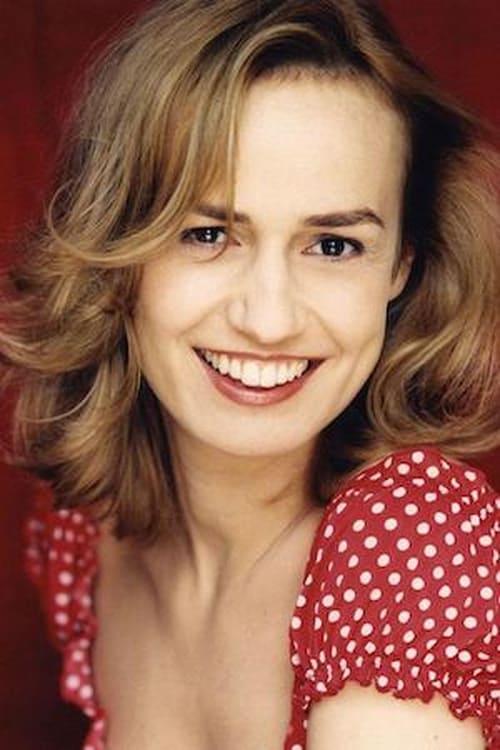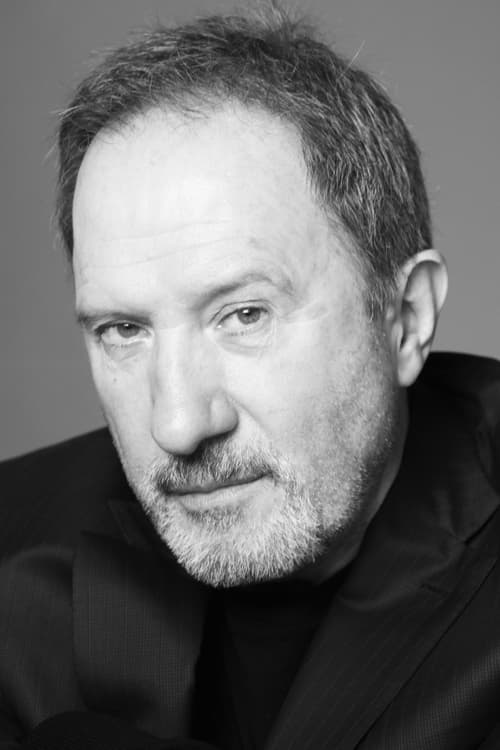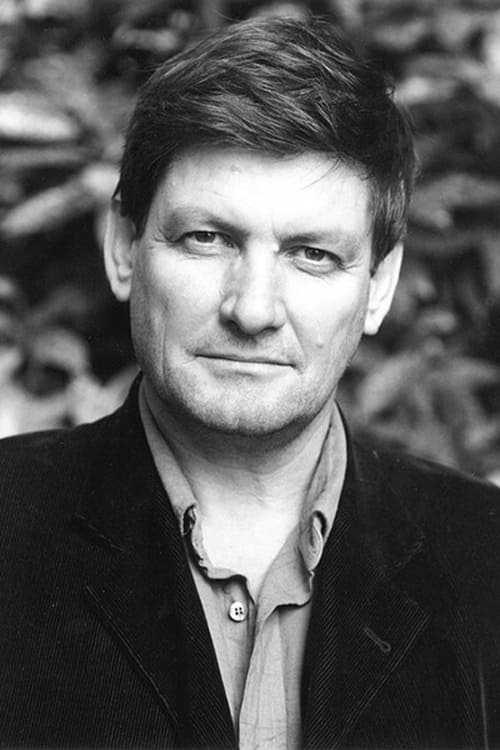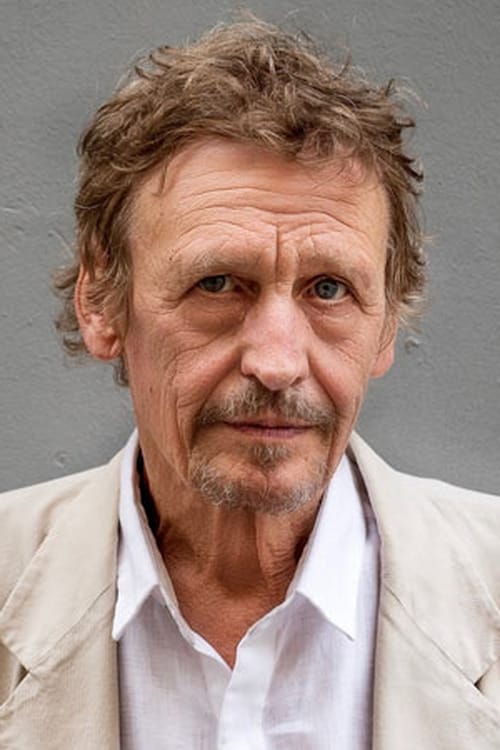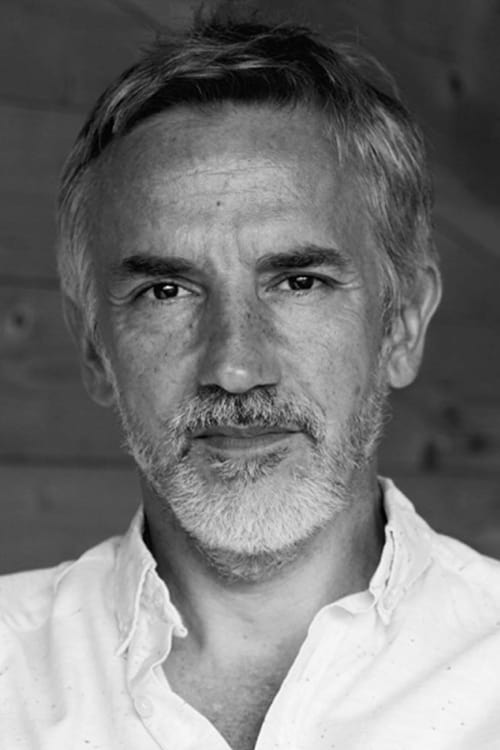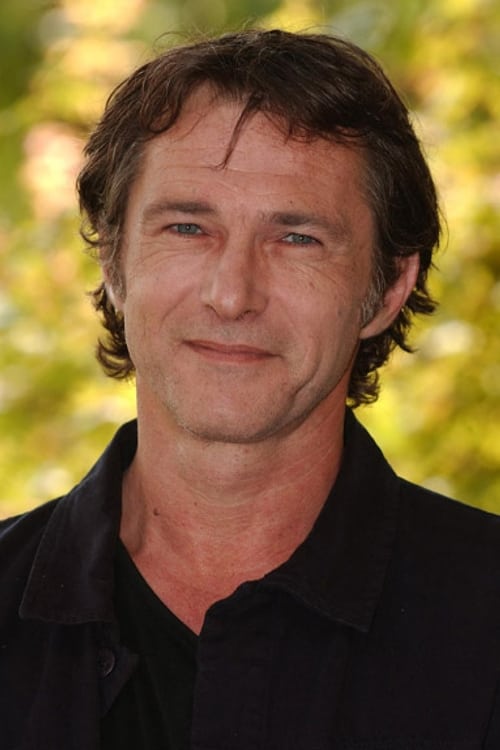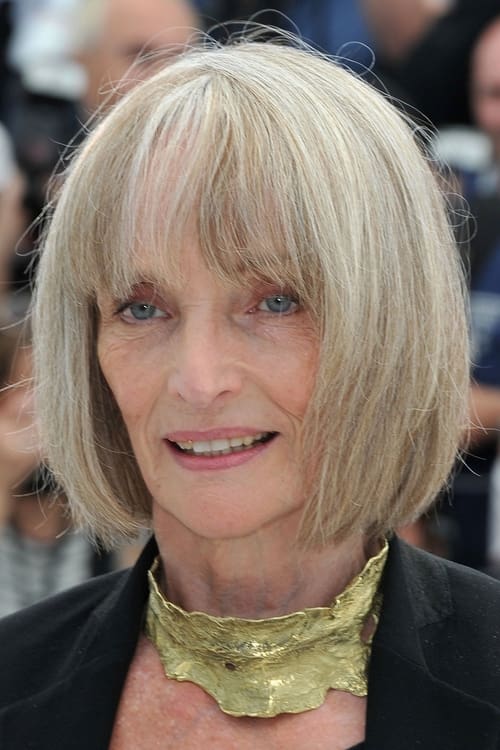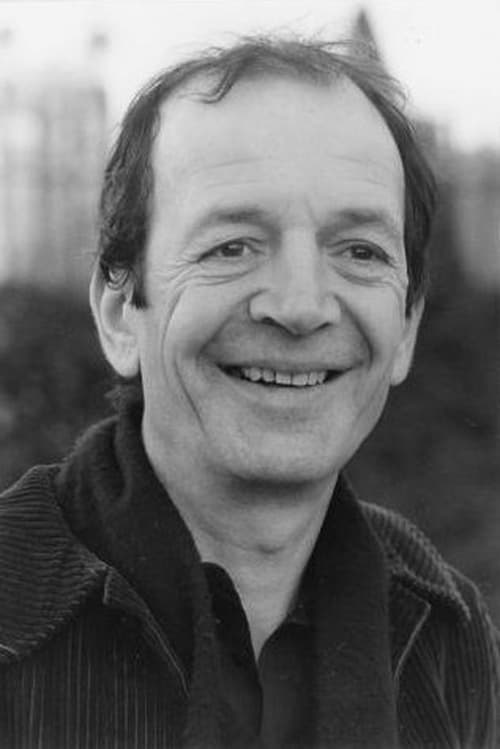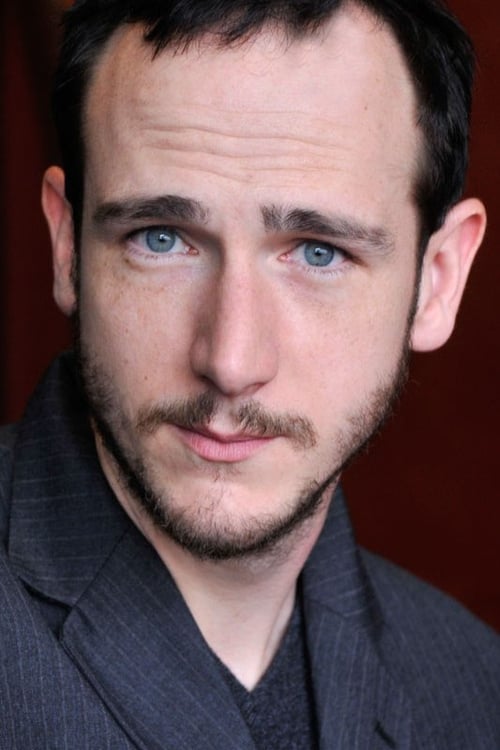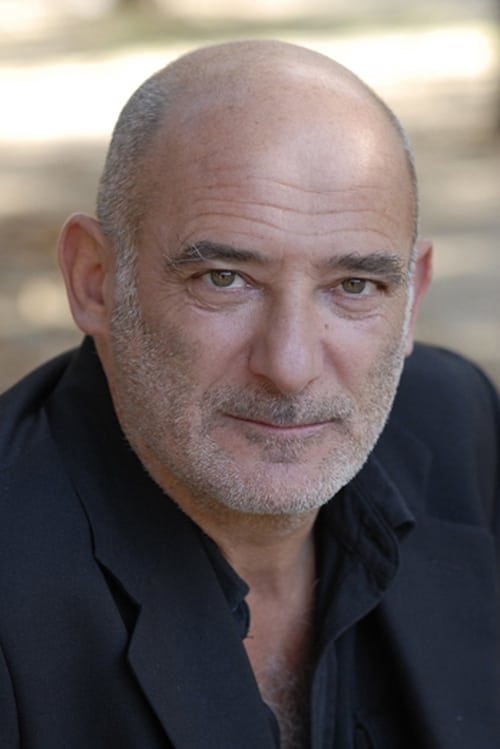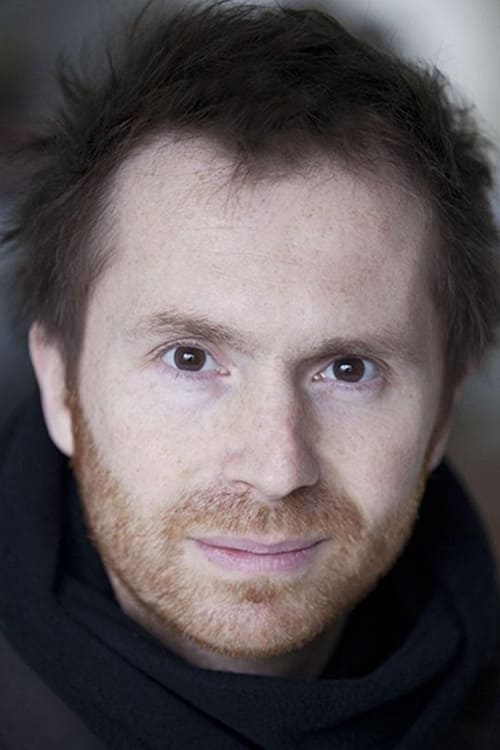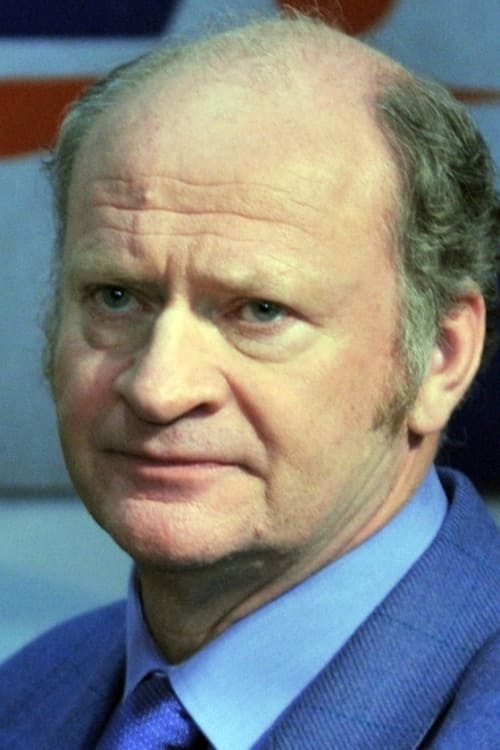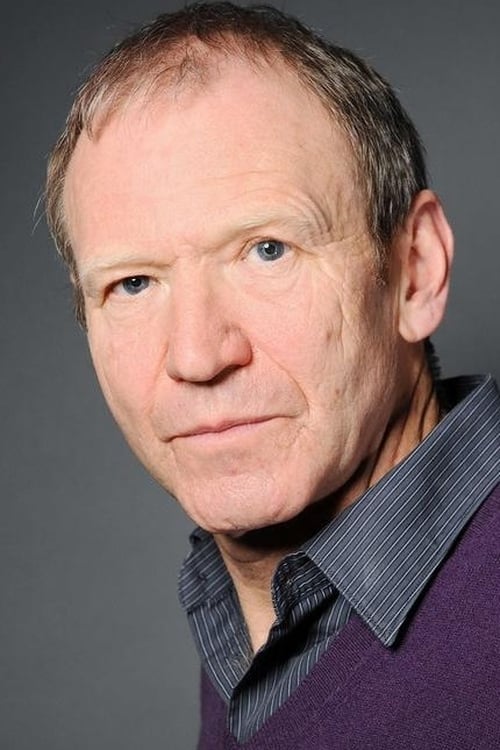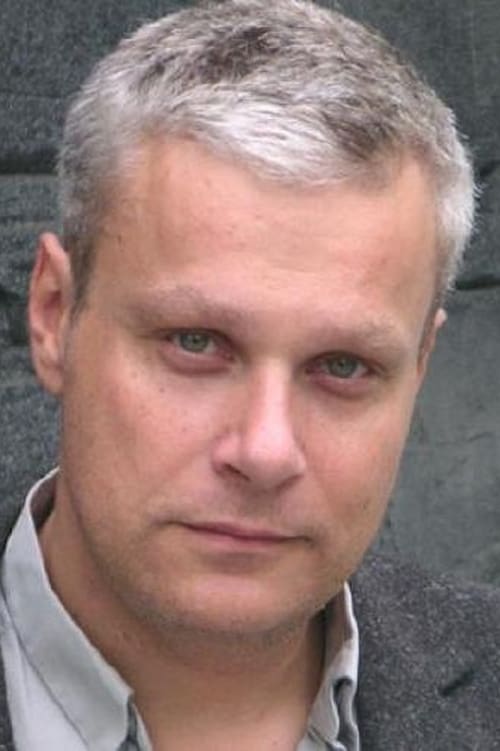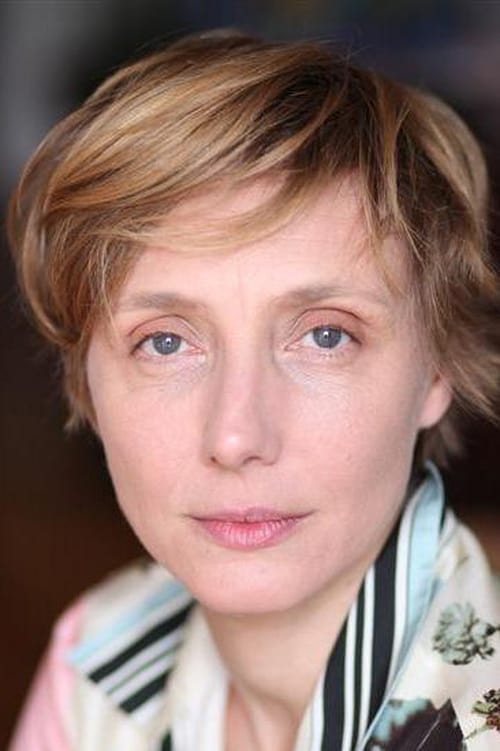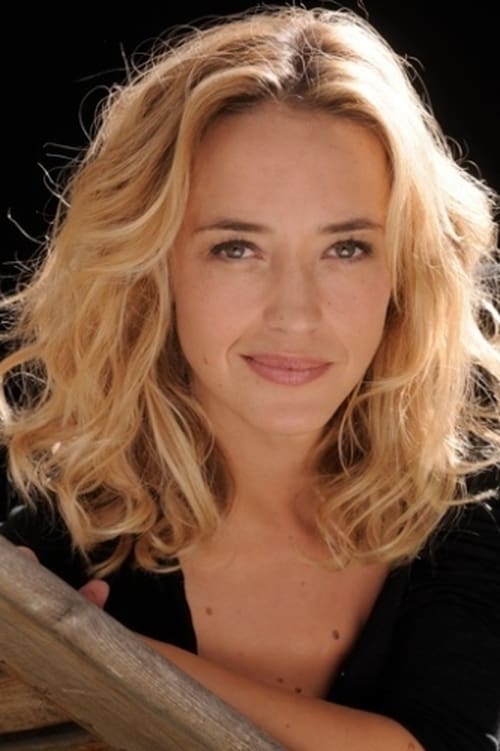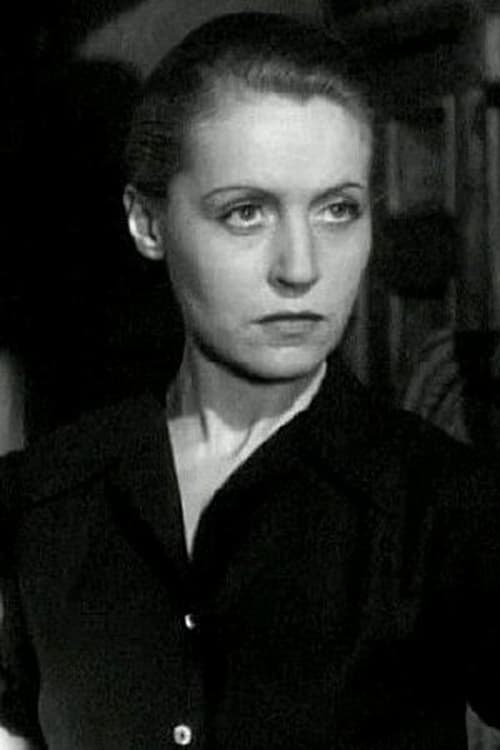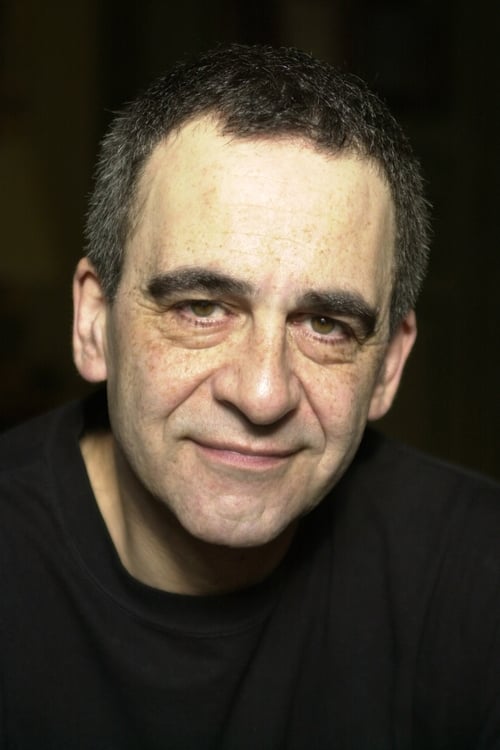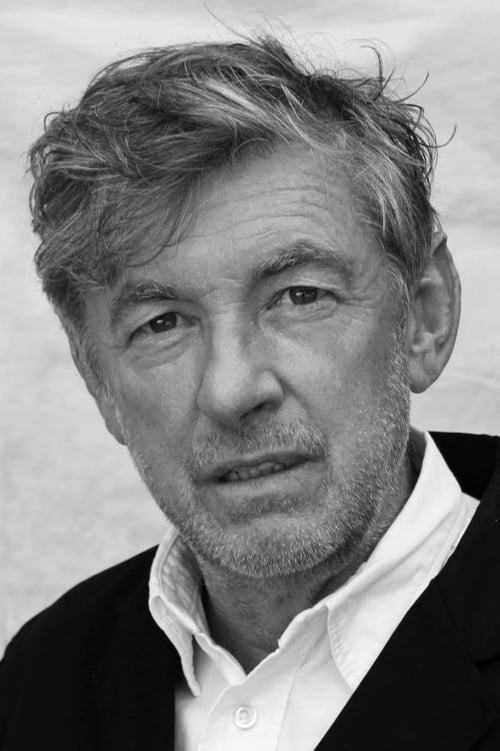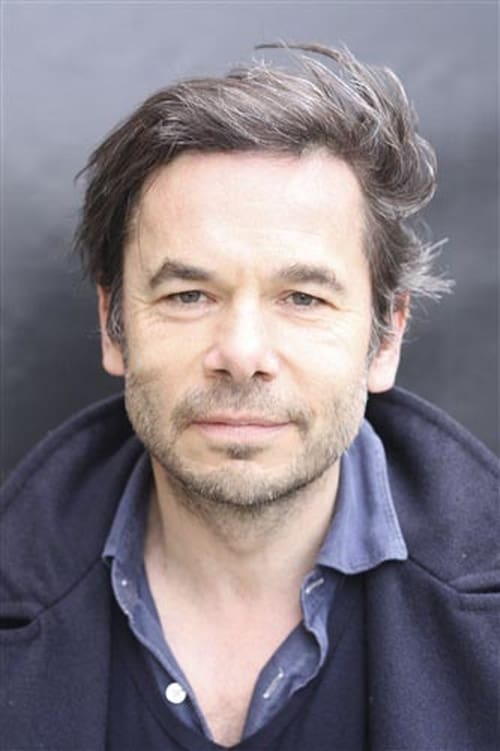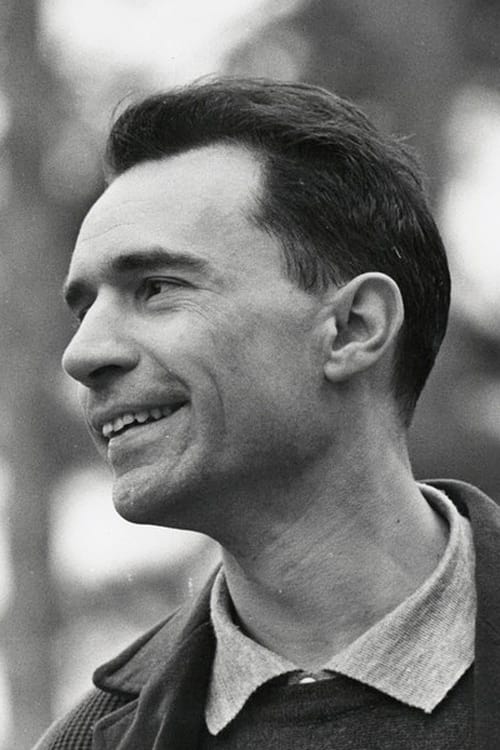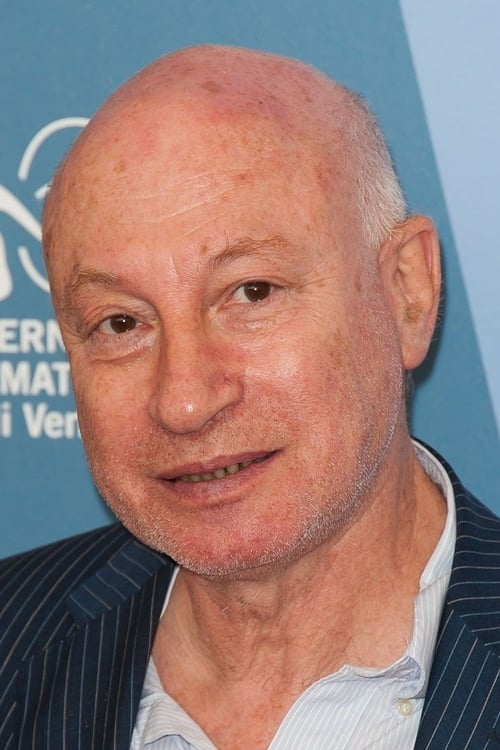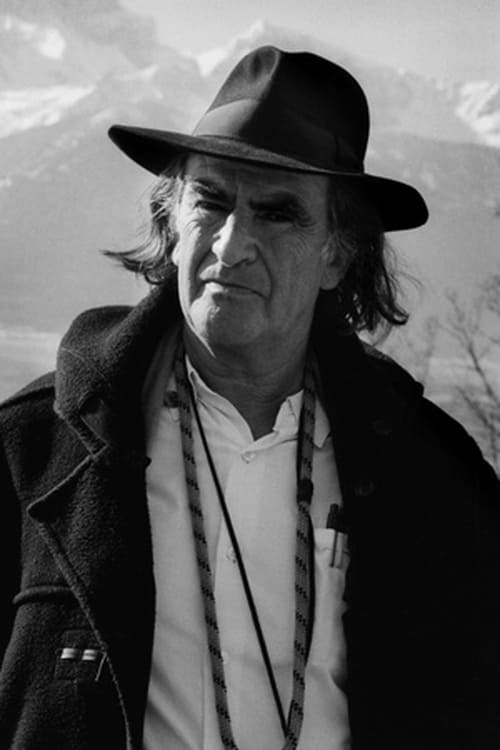Joan the Maid II: The Prisons (1994)
Género : Historia, Drama, Bélica
Tiempo de ejecución : 2H 56M
Director : Jacques Rivette
Sinopsis
Continuación de "Juana de Arco I - Las batallas". Después de la derrota francesa en la batalla de Orleáns, Juana de Arco (1412-1431) es arrestada y enviada a prisión. En dos procesos separados, es acusada de herejía y condenada a morir en la hoguera.
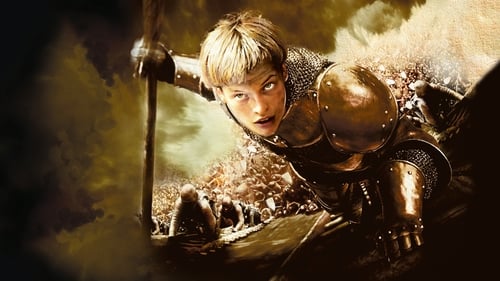
En 1412, nace en Domrémy (Francia) la Doncella de Orleáns. La guerra de los Cien Años contra Inglaterra dura ya casi un siglo y ha devastado Francia. Juana es una muchacha profundamente religiosa. Después de tener su primera visión, vuelve a su hogar y se encuentra con que los ingleses han matado a su familia. Algunos años después, completamente convencida de que Dios le ha encomendado la misión de expulsar a los ingleses de Francia, va a ver al Delfín, el futuro Carlos VII, que le proporciona tropas para levantar el cerco de Orleáns.
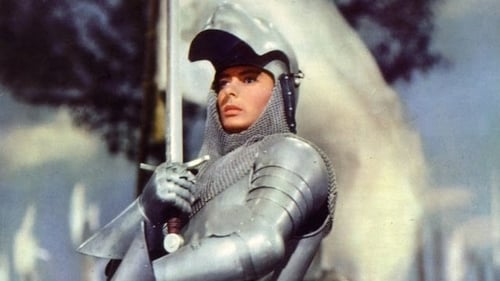
Juana de Arco, la Doncella de Orleáns (1412-1431), una joven profundamente religiosa, vivió durante la Guerra de los Cien Años, en la que se enfrentaban Francia e Inglaterra. Completamente convencida de que Dios le había encomendado la misión de expulsar a los ingleses y de salvar a Francia, va a ver al Delfín, el futuro Carlos VII, y consigue que le proporcione tropas para levantar el sitio de Orleáns. (FILMAFFINITY)
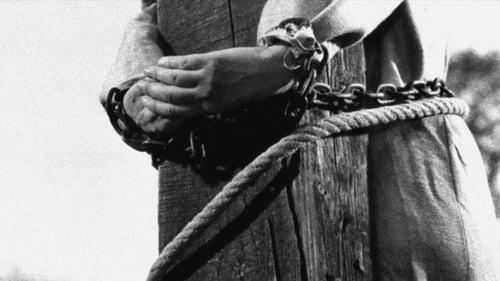
Ruan, Normandía, 1431, durante la guerra de los Cien Años. Después de ser capturada por soldados franceses pertenecientes a una facción contraria, Juana de Arco, la Doncella de Orleans, es juzgada injustamente por un tribunal eclesiástico supervisado por sus enemigos ingleses.
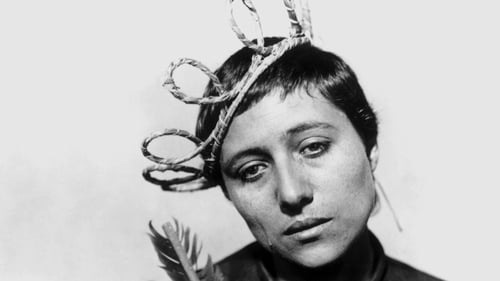
Guerra de los Cien Años (siglos XIV y XV). En 1431, Juana de Arco, después de haber conducido a las tropas francesas a la victoria, es arrestada y acusada de brujería. Ella declara haber recibido de Dios la misión de salvar a Francia, pero es procesada y condenada a morir en la hoguera.
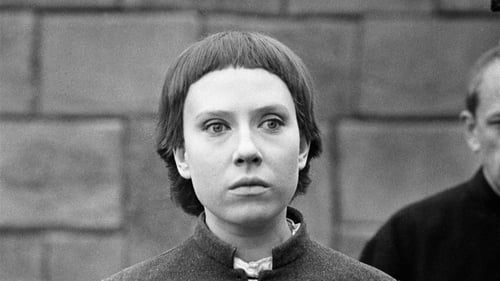
A talented girl from the provincial Russian town Pasha Stroganova dreams of becoming an actress. She plays the role of Baba Yaga in the amateur theatre — and does it so organically that the visiting filmmaker offers her the most difficult role in the historical drama about Joan of Arc. She was given not only great acting talent, but the talent of deep, selfless love. A dream comes true: she is invited to the main role, and she begins a completely different life, full of real creative torment, insights and true happiness.
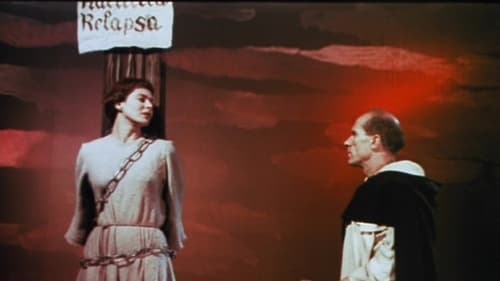
Joan of Arc is being burned alive for heresy. In a kind of dream state, she departs from her body and begins to look back upon her life. She begins this journey in a depressed and demoralized state. However, a priest appears to help guide her. First, he shows her those that accused her in the guise of animal characters, in order to show her their true nature. Then, he shows her the good that she has performed for people. In the end, she is proud of what she has done and is ready to face the flames.
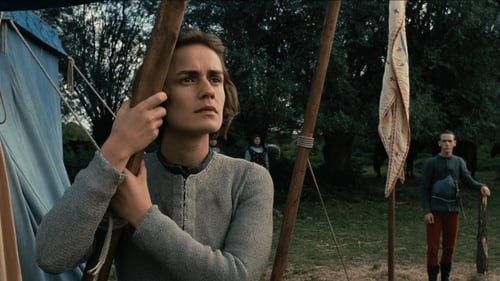
Jeanne the Maid leaves her childhood home in Domremy after hearing what she is sure was the voice of God. She believes that she can help lead France to victory on the battlefield, and she persuades Charles, dauphin of France to allow her to guide his troops.
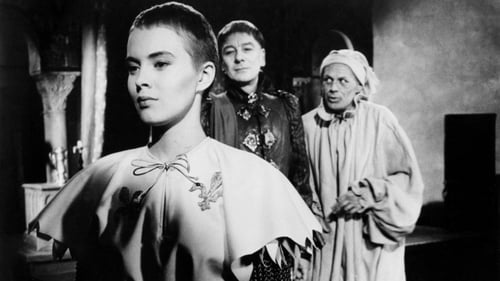
Guerra de los Cien Años. Francia. "La doncella de Orleáns", después Santa Juana, fue la gran heroína francesa en la guerra contra los ingleses; finalizada la contienda hubo de afrontar el juicio de la Inquisición

Película para televisión que adaptaba el cómic Witchblade, y que sirvió como episodio piloto para una serie de 23 episodios estrenada un año más tarde, "Witchblade", con idéntico reparto. Tanto la película como la posterior serie se centraban en una detective de Nueva York, Sara Pezzini, que repartía justicia en la ciudad gracias a un arma mágica, que ademá debía usar para acabar con las fuerzas oscuras de la Tierra.

This relatively straightforward dramatic biography was one of two films commissioned to honor Joan of Arc on the 500th anniversary of her death, but it was soon undeservedly relegated to obscurity in favor of Carl Dreyer's triumphant 'La Passion de Jeanne d'Arc'. The comparison is unfair: Dreyer was an artist, but director Marco de Gastyne certainly proved himself a distinguished craftsman, and his emphasis on the Maid of Orléans early life in Domrémy serves as a picturesque, matching bookend to Dreyer's impassioned courtroom drama.

Joan of Arc and Dorothy of Kansas become one thanks to Hildegard von Bingen.

An actress rehearses behind closed doors scenes from the trial of Joan of Arc, confronted with the view that spectators have character.

Josie Rourke directs Gemma Arterton as Joan of Arc in Bernard Shaw's electrifying classic. Performed at the Donmar Warehouse, and part of the NT Live series of broadcasts.

La historia esá ambientada en la Francia de 1425, momento en el que Jeannette (Lise Leplat Prudhomme) es solo una niña de ocho años que aún no se ha convertido en la famosa Juana de Arco, pero que ya desea echar a los británicos del Reino de Francia, el que es su hogar.
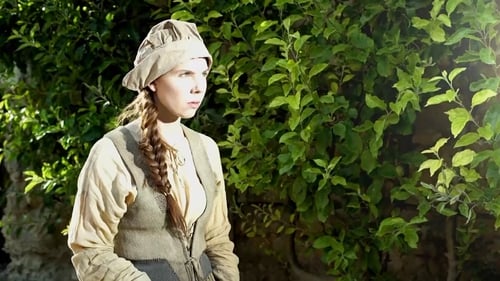
Could a nineteen-year-old girl change the course of history simply by faith? From ordinary farm girl to extraordinary hero, the life of Joan of Arc was one of conviction and courage. Fifteenth-century France was devastated by an ongoing war in which women did not fight. Yet Joan heeded the counsel of angels and transformed into a military leader, something her country needed but many feared. In this BYUtv original special, discover the stalwart spirit, military prowess, and enduring influence of Joan of Arc.
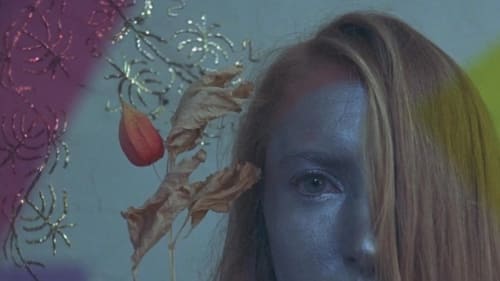
According to an English legend, Joan of Arc never died at the stake. Her eyes were seared with hot pokers and she was deflowered by an English stud. She was then sentenced to wander on the battlefields, like a vulture, on the look-out for life and searching for any virgins left alive.

Inspired by Joan of Arc, Johanne follows a day in a life of the eponymous heroine. While set in medieval fantasy town, it explores the very current and urgent theme of preserving one’s humanity while struggling against inhumane environment, from modern feminist perspective.

In 1425, France needed a miracle. What it got was a warrior. This is the true story of a peasant girl who emerged to lead an army and change the course of history. This is a docudrama portrait of a legendary heroine's story as seen through her own eyes, based on her own testimony. Discover one woman's journey to free her nation, and inspire the world.


On November 17, 2012, Oscar-winning French actress Marion Cotillard joined the Barcelona Symphony and Catalonia National Orchestra for a performance of Arthur Honegger’s oratorio Joan of Arc at the Stake (Jeanne d'Arc au Bûcher) at the L'Auditori de Barcelona in Spain, broadcast live on Medici.tv. By Swiss composer Arthur Honegger, Jeanne d'Arc au Bûcher (1938) is an imposing oratorio. The libretto is a highly original creation by French poet and playwright Paul Claudel, who dramatises the last moments of the martyr's life. Originally written for actress Ida Rubinstein, the oratorio is written as a flashback in which Joan recalls her life, just before she dies. Honegger creates visually evocative ambiances and fills the orchestra with new sounds (saxophones, ondes Martenot). The initial prologue to the piece was added in 1944 as a symbol of the resistance during the Nazi occupation of France: again, Joan goes beyond her own story.

